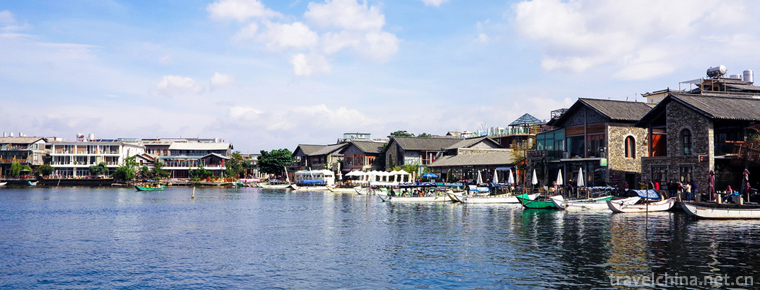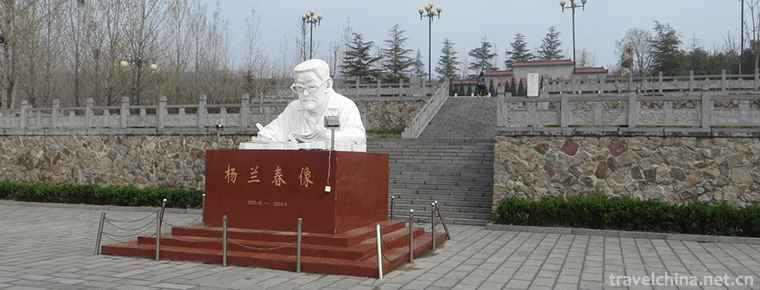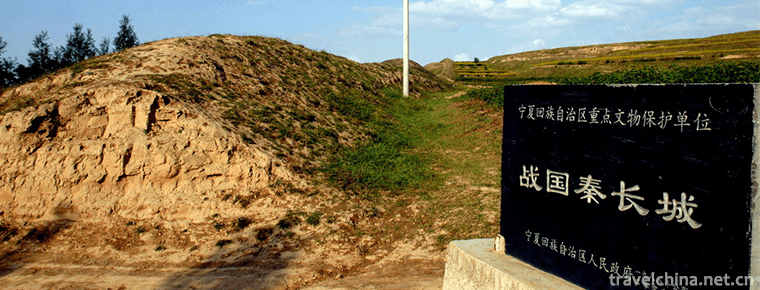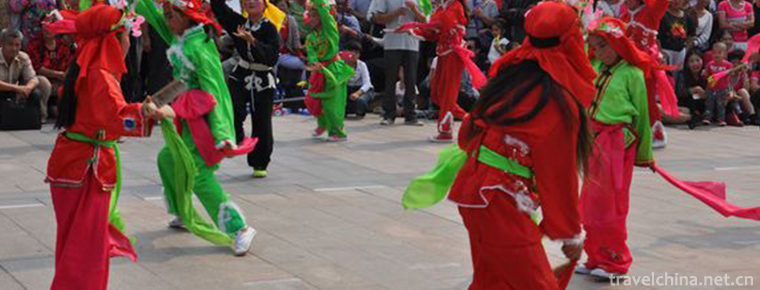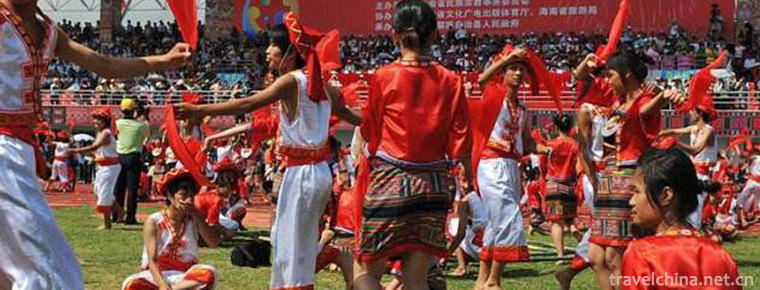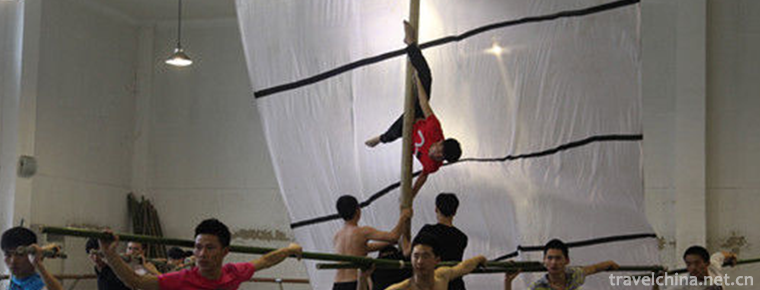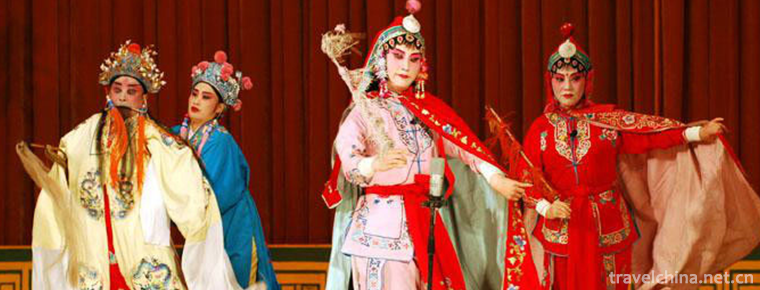Legend of Liu Bowen
Legend of Liu Bowen
Liu Bowen's legend is based on the traditional folk oral literature of Liu Ji, a historical figure, spread throughout the whole country in eastern Zhejiang, with Qingtian, Wencheng and other southern Zhejiang areas as the core areas.
On June 7, 2008, Liu Bowen's legend was approved by the State Council to be included in the second batch of national intangible cultural heritage list.
Historical origin
Liu Ji, Zi Bowen, a famous politician, litterateur, thinker and militarist in late Yuan and early Ming Dynasty, was born in Wuyang Village, Nantian Mountain, Qingtian County, Zhejiang Province (now Wencheng County), and was the founder of the Ming Dynasty. The legend about him was born when he was alive, and the earliest records in writing should be included in Huang Bosheng's Liu Gong Xing Zhuo in the early Ming Dynasty. Over the past 600 years, Liu Bowen's legend has been enriched by folk oral creation and records of literati in past dynasties. At present, there are no more than hundreds of legends collected in Qingtian, Wencheng and other places, most of which are oral inheritance.
primary coverage
The contents include Liu Ji's family background, wisdom and learning, ingenuity and ingenuity, anti-riot and peace, the achievements of founding the country, and the local customs of his hometown, and many other aspects.
Inheritance value
The legend of Liu Bowen has a high literary value and has a great influence on the history of Chinese folk literature; the wisdom story, which occupies a large proportion, has an important cognitive value; the legend of Liu Bowen is a model of traditional morality, and his story has a certain moral enlightenment effect; some historical factors contained in the legend can make up for the inadequacy of the record of Liu Ji in the official history. Therefore, it has certain historical research value.
Inheritance status
There have been many different versions of Liu Bowen's legends in the past, but there are still many related legends that have not been well documented and sorted out. With the passage of time, there are fewer and fewer related narrators. If they are not rescued and protected in time, these oral folk literature will probably be lost.
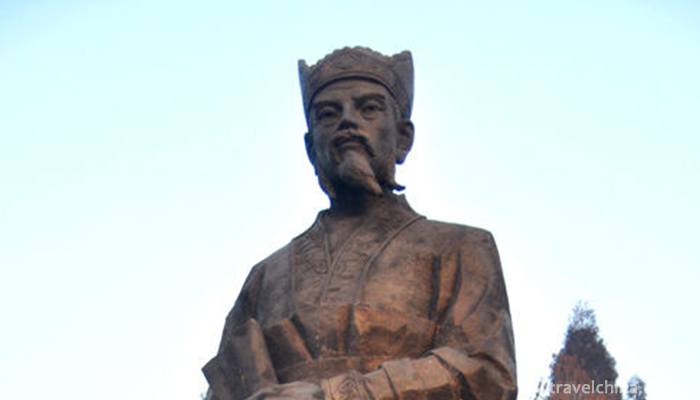

Legend of Liu Bowen
-
Shuanglang
located in the northeast of Dali City and the northeast coast of Erhai Lake
Views: 270 Time 2018-10-17 -
Lugu Lake
Lugu Lake, commonly known as Zuozuohai, the ancient name Lede Sea
Views: 142 Time 2018-10-17 -
Bayinbrook Grassland Scenic Area
Bayinbrook grassland: formerly known as Yuledus grassland, Zhuledus grassland, Yuludus grassland, because it is mainly located in Xinjiang Bayinguoling Mongolian Autonomous Prefecture
Views: 125 Time 2019-01-02 -
Chaoyanggou tourist attraction
Chaoyanggou Scenic Spot in Hebei Province is one of the 30 most beautiful scenic spots in China, including AAAA-level scenic spots, National Geological Forest Park, National Rural Tour Demonstration S
Views: 134 Time 2019-01-05 -
The Great Wall Site of Qin Dynasty in Ningxia
The site of the Great Wall of King Zhao of Qin Dynasty was built in the twenty-fifth year of King Zhaoxiang of Qin Dynasty (272 BC). It was built to defend against the invasion of the Huns in the sout
Views: 143 Time 2019-02-07 -
Wang Wu Mountain Scenic Spot
Wangwushan Scenic Area is a national AAAA-level scenic area with a total area of 265 square kilometers. Wang Wu Mountain is centered on the Temple of Heaven, the main peak
Views: 304 Time 2019-02-22 -
Cangzhou Lazi
Cangzhou Laozi is a traditional folk dance with strong local characteristics in the central area of Hebei Province. Laozi is one of the representative folk dances in Hebei Province.
Views: 183 Time 2019-04-04 -
March 3rd Festival of Li Nationality
The third day of March (the third day of the third month of the third lunar month) is the grandest traditional folk festival of the Li people in Hainan Province. It is also a beautiful day for the you
Views: 215 Time 2019-05-12 -
Lishui Shipmans Chant
Lishui Shipman's Chant is a unique work chant transformed from local minor. It is a kind of traditional folk music with strong rhythm, which reflects the hard life of the shipmen and the work scene in
Views: 143 Time 2019-05-13 -
Mao Qiang
Maoqiang is a local opera popular in Weifang, Qingdao, Rizhao and other places. It was originally a folk humming tune called "Zhou Gu Tune". Legend has it that Maoqiang was named after a nun
Views: 114 Time 2019-05-30 -
Beijing Institute Of Technology
Beijing Polytechnic University was born in Yan'an in 1940. It is the first university of science and engineering founded by the Communist Party of China. It has been one of the key universities in Chi
Views: 140 Time 2019-09-06

